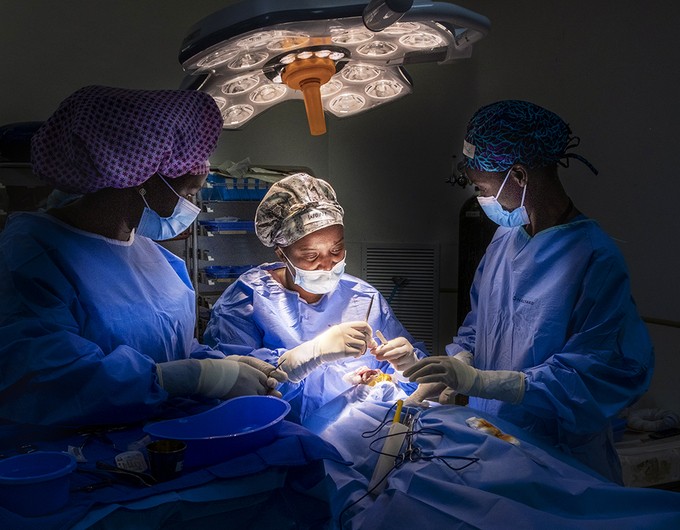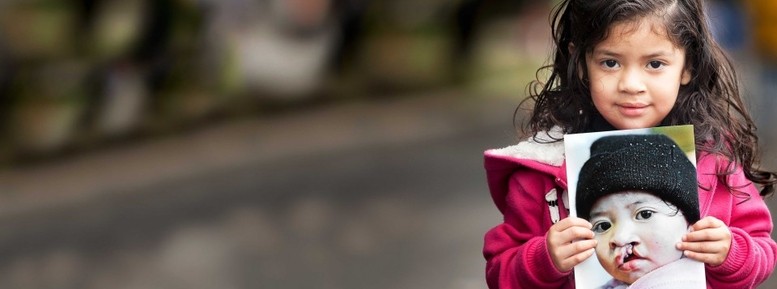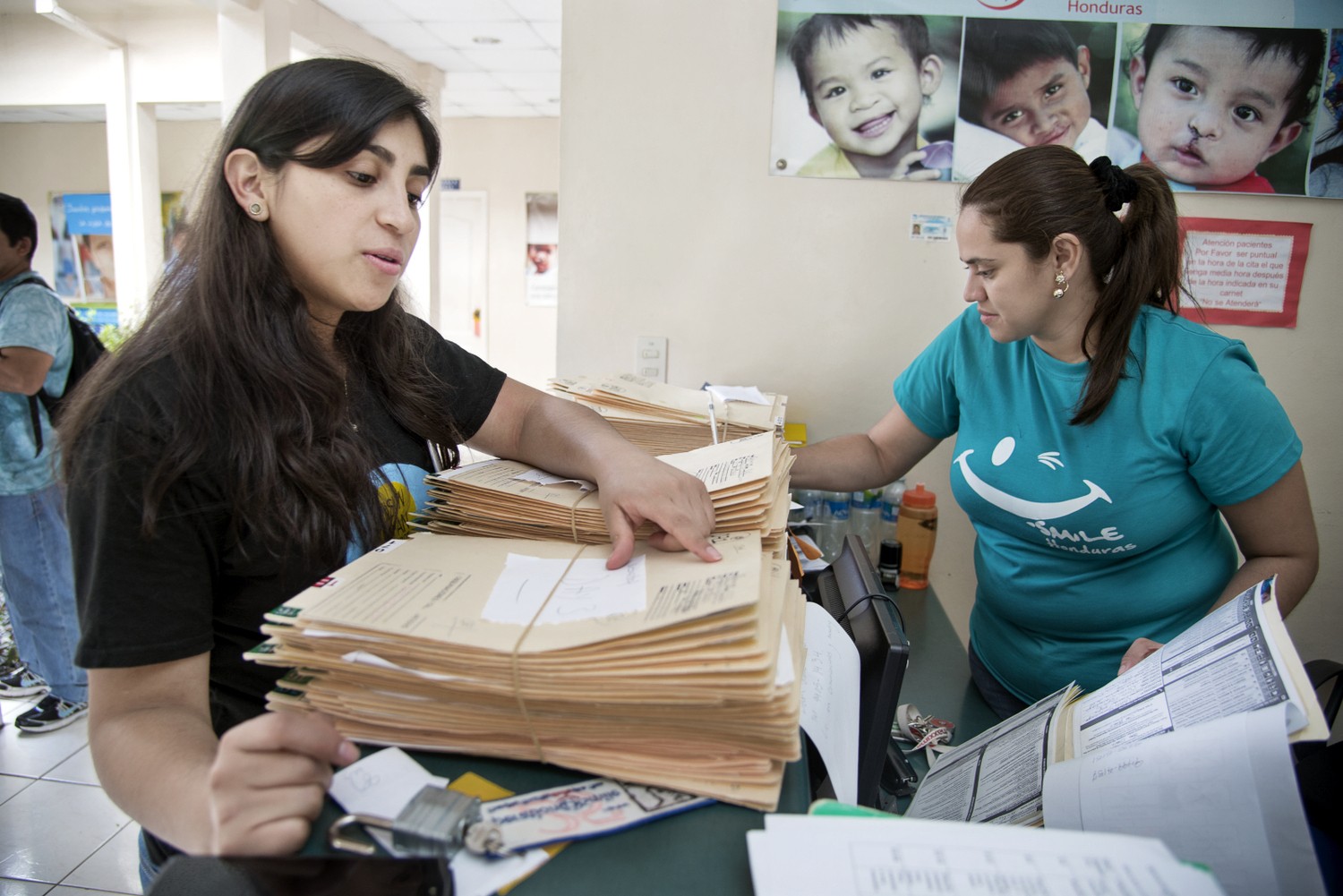
This story continues from “Realizing His Reach, Part 1.”
Four months after his daughter, Kensey, received free cleft lip surgery at an Operation Smile medical mission, the phone rang for Rudis Casteñeda.
It was Operation Smile Honduras, but this time they were asking for his help.
On the other end of the line was patient coordinator Stephany Martínez, who invited Rudis to join Don Alex Guerrero and five other parents and adults with personal connections to cleft to lead a patient recruitment and advocacy program called Acompañando Sonrisas – “Accompanying Smiles.”
Stephany asked Rudis if he would volunteer to search the remote, mountainous region of western Honduras where he lives for untreated cleft patients – especially adults, teens and children who have suffered needlessly for years – so they can receive surgery from Operation Smile. In this part of Honduras, poverty and malnutrition haunt communities which are largely disconnected from the outside world due to poor roads and lack of mobile communications.
The people Rudis would be seeking out were those who never had the chance to receive surgery as babies because their families couldn’t afford it, nor could they make the journey to the nearest hospital from their remote communities – roads in this area of the country can be treacherous and easily cut off by landslides or flooding. In some cases, parents may have never learned that their child’s cleft could be repaired with surgery.
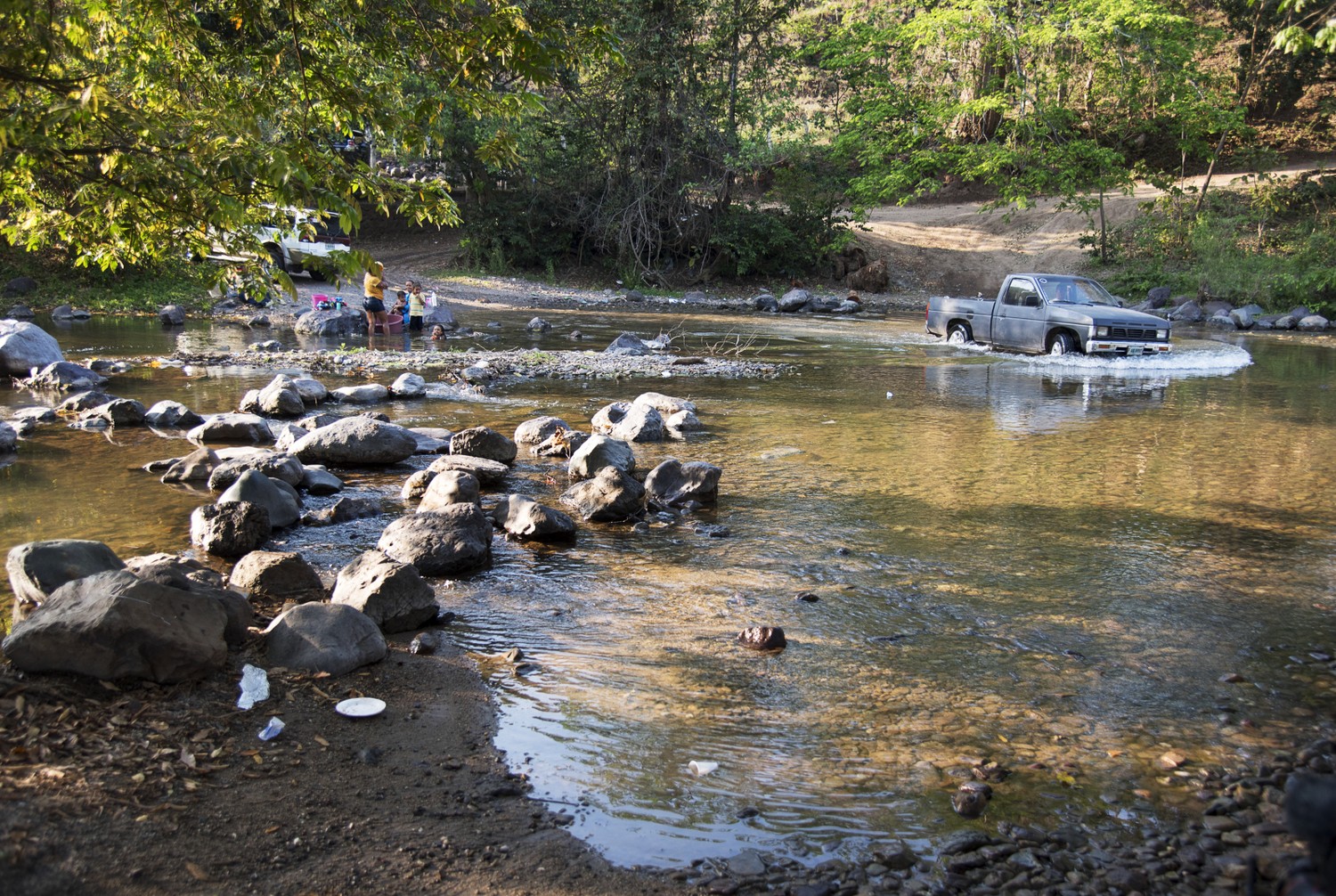
These are Honduras' most difficult people to reach and among its most marginalized.
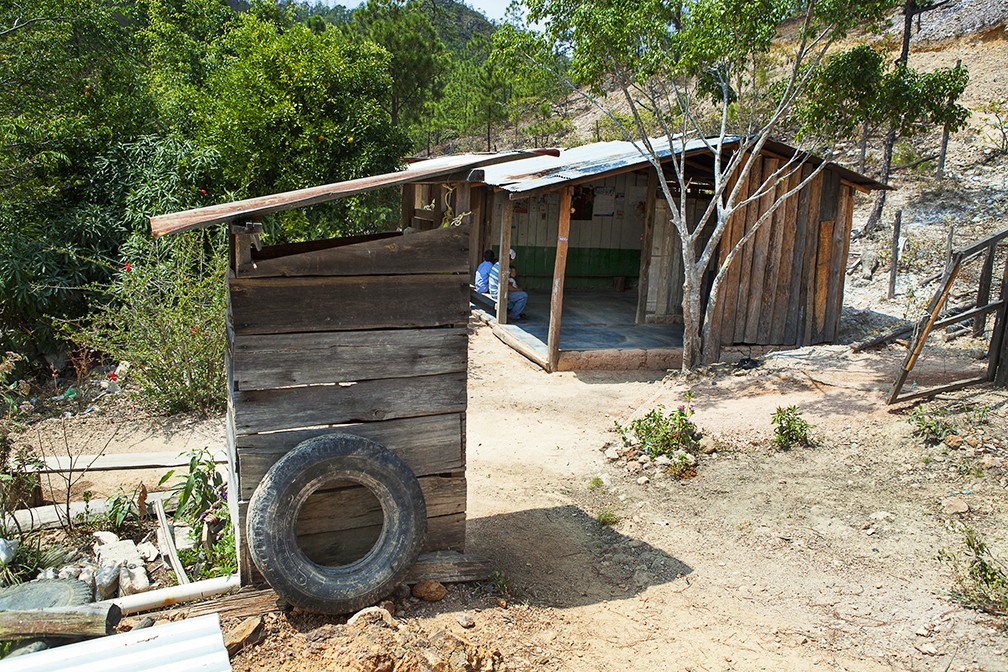
Feeling a debt of gratitude for Operation Smile's service to his daughter, Rudis accepted the offer enthusiastically.
“I never thought Stephany would be calling me about something so important,” Rudis said. “I wanted to help Operation Smile because I believe in my heart what they have done for my daughter is a very big thing.”
Rudis admitted to Stephany that he never learned to read or write. He was worried that his lack of education would keep him from being able to help families like his. He also said he was unable to afford the transportation costs for such an undertaking.
Stephany eased Rudis’ concerns, telling him not to worry. Operation Smile Honduras would pay for his transportation costs, including travel to attend the Acompañando Sonrisas training workshop in Tegucigalpa.
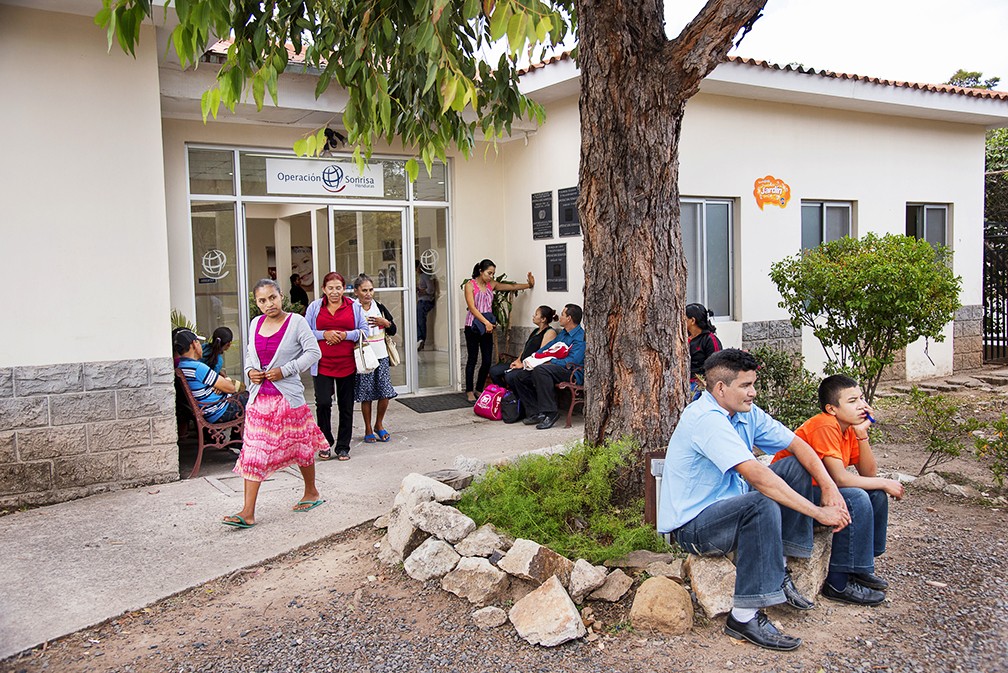
There, Rudis was reunited with Don Alex and met the five other Acompañantes. These patient advocates were strategically chosen to cover the regions in which they live, where they are fluent in local cultural customs. The Acompañantes were to build relationships with potential patients and their families by sharing their personal Operation Smile success stories and before and after photos of their very own children to show how lives can be changed – or even saved – by safe surgery.
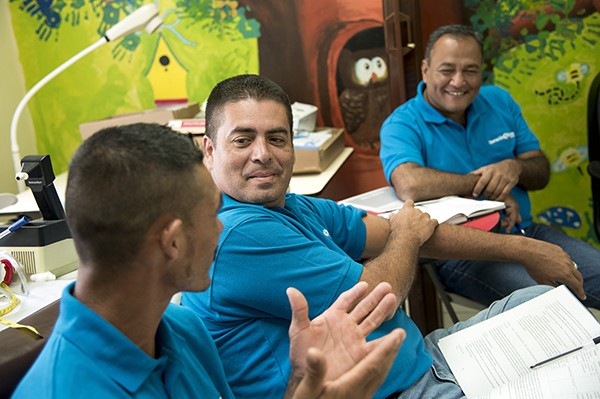
Their efforts were designed to expand on a patient identification campaign Operation Smile Honduras conducted in partnership with Ingeniería Gerencia (IG), the national electrical utility company. It was an IG meter reader that provided Rudis’ neighbor with the phone number for Operation Smile Honduras after Kensey’s birth. Of Honduras’ 1,000 estimated untreated cleft cases remaining in 2014, IG meter readers identified 600 people living with untreated cleft conditions throughout the following year.
However, identifying patients is only the first step toward their treatment. Rudis and the Acompañantes were charged with finding the patients that IG meter readers identified, but were unable to bring to Operation Smile's care. They were also to search the country's most remote areas to reach potential patients once considered to be unreachable.
The Acompañantes did just that: For the first time in Honduras’ history, there was no longer a backlog of cleft cases.
Through their efforts over the next nine months, the Acompañantes successfully recruited and scheduled nearly every remaining adult, teen and child in need of cleft surgery. Today, patients needing cleft surgery are almost all babies and toddlers who can be scheduled for timely surgery at Operation Smile medical missions or its care center in Tegucigalpa as soon as they are old enough and healthy enough for anesthesia.
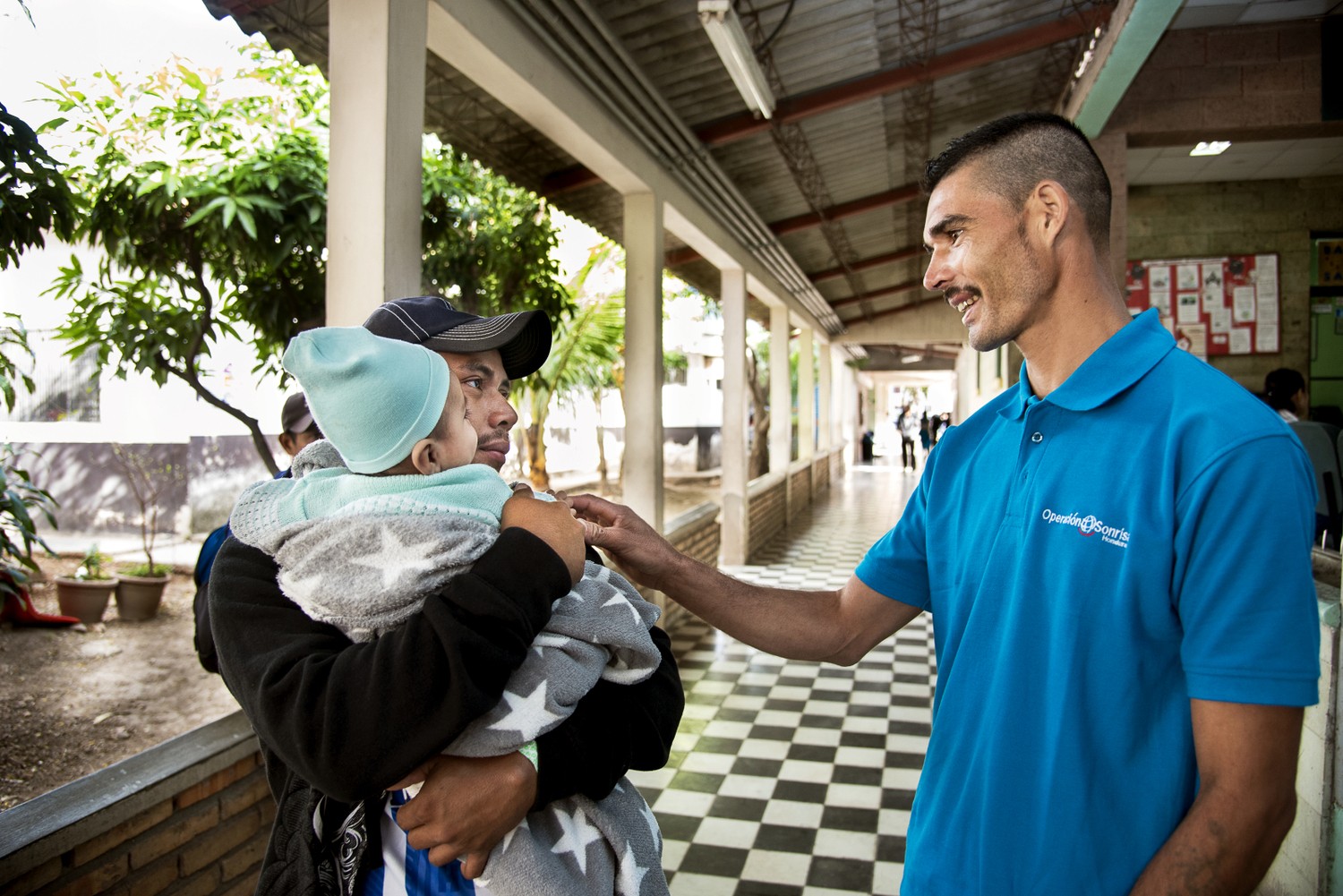
In honor of his selfless service, Rudis is now known as Don Rudis, as use of the honorific Don conveys respect for that person.
To date, Don Rudis has brought 11 patients with an average age of 22 into Operation Smile’s care through the connections he’s made with local health facilities in the extremely remote and difficult-to-travel region he calls home. One of Don Rudis’ patients was 54 years old when he finally received surgery.
The success of Acompañando Sonrisas ensured that Operation Smile met its strategic goal to eradicate the backlog of cleft cases in Honduras.
“Accompaniment creates access to safe surgery, and this program in Honduras shows that it creates access for the country’s poorest and most marginalized people,” said Kristin Hatcher, Operation Smile's Associate Vice President of Strategic Initiatives and Metrics.
“The human element matters so much because the patient advocate is walking side-by-side with someone. We couldn’t employ a program that just alleviated one barrier to care; we had to think about how to create access for every patient. Having advocates who understand these barriers and can address them in real time is really critical in ensuring that they can troubleshoot those barriers and create access for that patient,” Kristin said.
Stephany said that despite of being unable to read or write, Don Rudis has been able to create invaluable bonds of trust with the patients and families he's brought to care.
“He is one of the best advocates – one of the most communicative and the one who relates the most with the patients’ families,” Stephany said. “It has been a real lesson on not to underestimate anyone.”
Through the course of his work with Operation Smile, Don Rudis’ life was also transformed. Once shy, quiet and withdrawn, Don Rudis said that the training he’s received and the patients he’s served have provided him with a newfound sense of confidence and purpose.
“My life has changed quite a lot. Before I had no information – I had nothing to offer,” Don Rudis said. “This fills me with love and appreciation. That is why I work with the patients. I feel happy and motivated.
“I feel joy and happiness for everything that Operation Smile has done for me, and I see that I really am helping.”
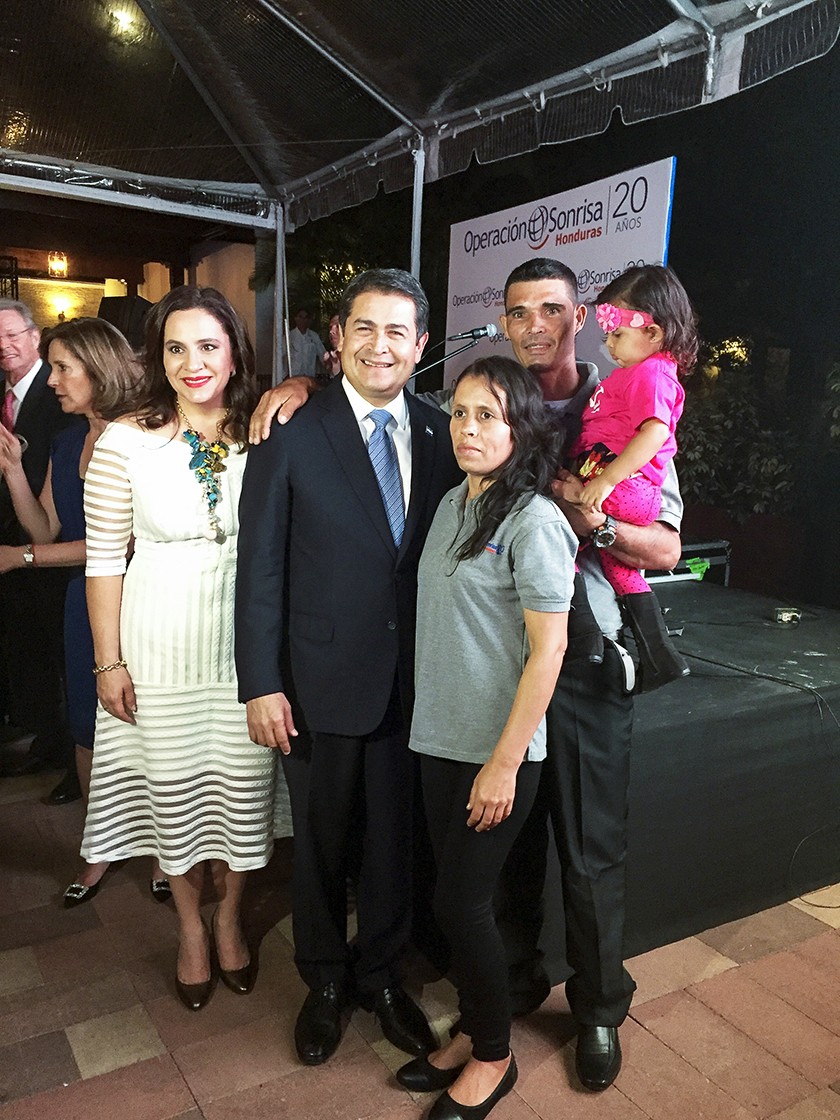
Editor’s Note: In the 20-year history of Operation Smile Honduras, our medical volunteers have delivered free cleft surgery to more than 4,500 patients. However for most of this time, all too many patients born with cleft conditions were not able to get surgery when they were babies, which is the ideal age range for the best results.
In 2014, there were about 1,000 cleft cases remaining in the country and many of those potential patients were adults, teens and children. Together with Operation Smile Honduras, we made a commitment to find them and end their needless suffering by making sure they receive the safe and effective surgery they deserve.
Supported by medical missions and the ongoing care provided at Operation Smile Honduras’ care center, a strategy was put into motion to identify and recruit potential patients, many of them among the poorest and hardest-to-reach in the country.
We’re proud to report that the effort was successful.
Now, the remaining patients in Honduras who need surgery are nearly all babies and toddlers. For the first time in the country’s history, Operation Smile has made sure that cleft surgery in Honduras is truly SET: safe, effective and timely.
On May 11, 2017, Operation Smile Co-Founder and CEO Dr. Bill Magee made the historic announcement alongside the President and First Lady of Honduras.
Though we’ve reached this historic milestone, our work is far from done.
In this series, we share the stories of how Operation Smile Honduras was able to find and provide surgery for the final patients of the country’s backlog of cleft cases.
Latest Stories
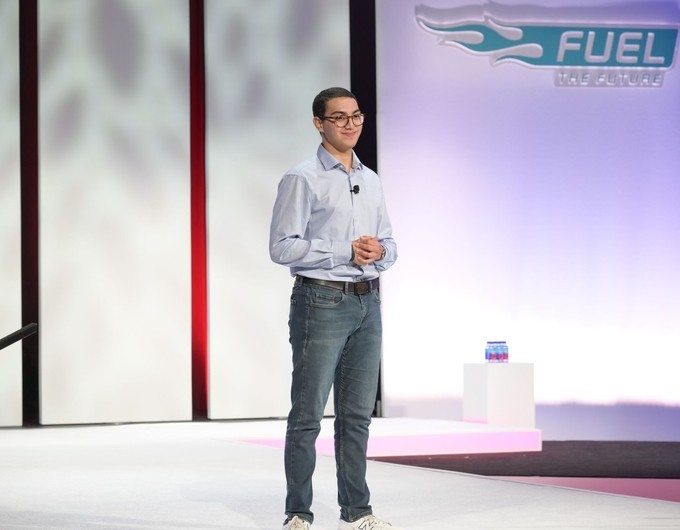
A Former Patient, Aymane Now Shares His Story

What is Operation Smile's Nutrition Program?
